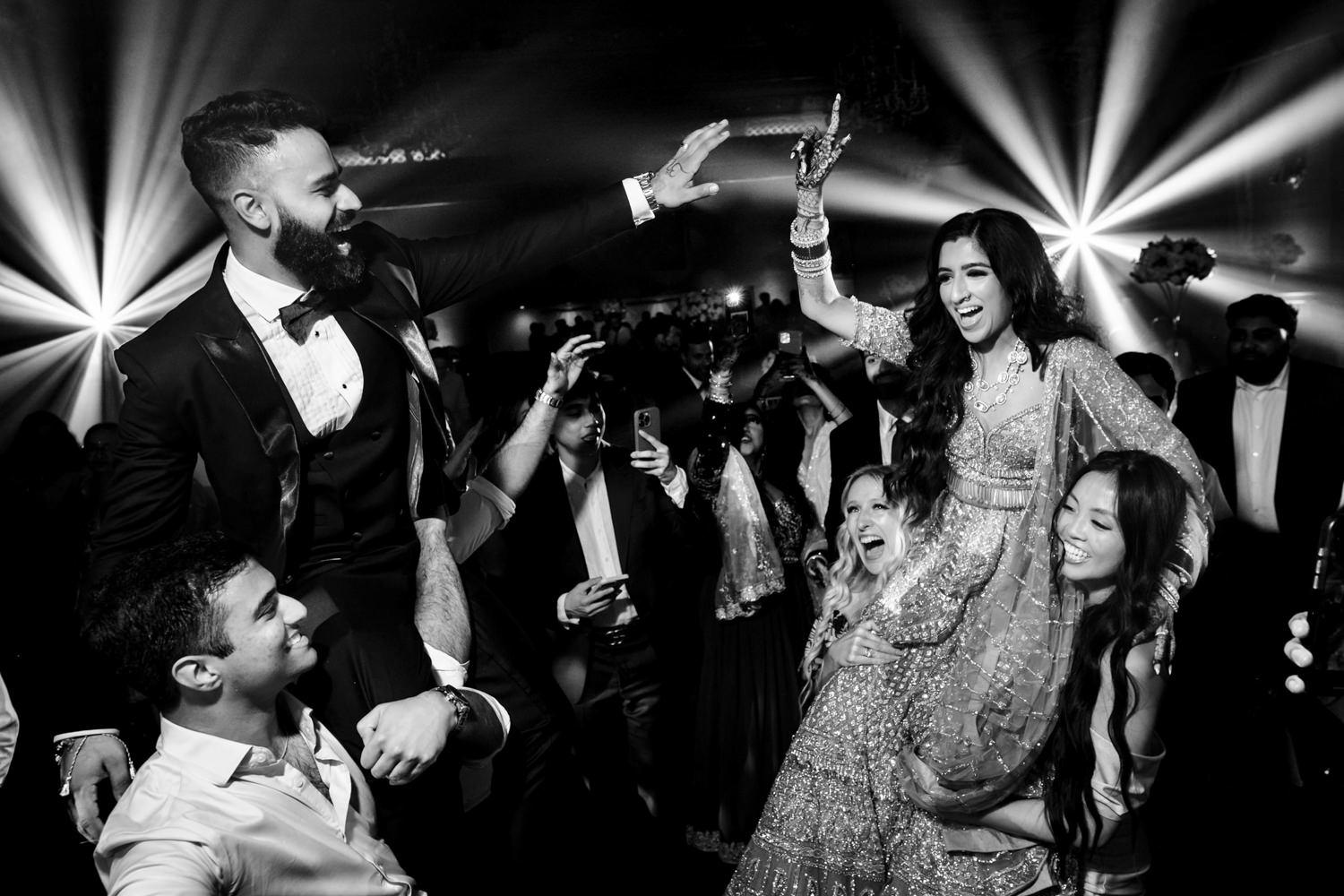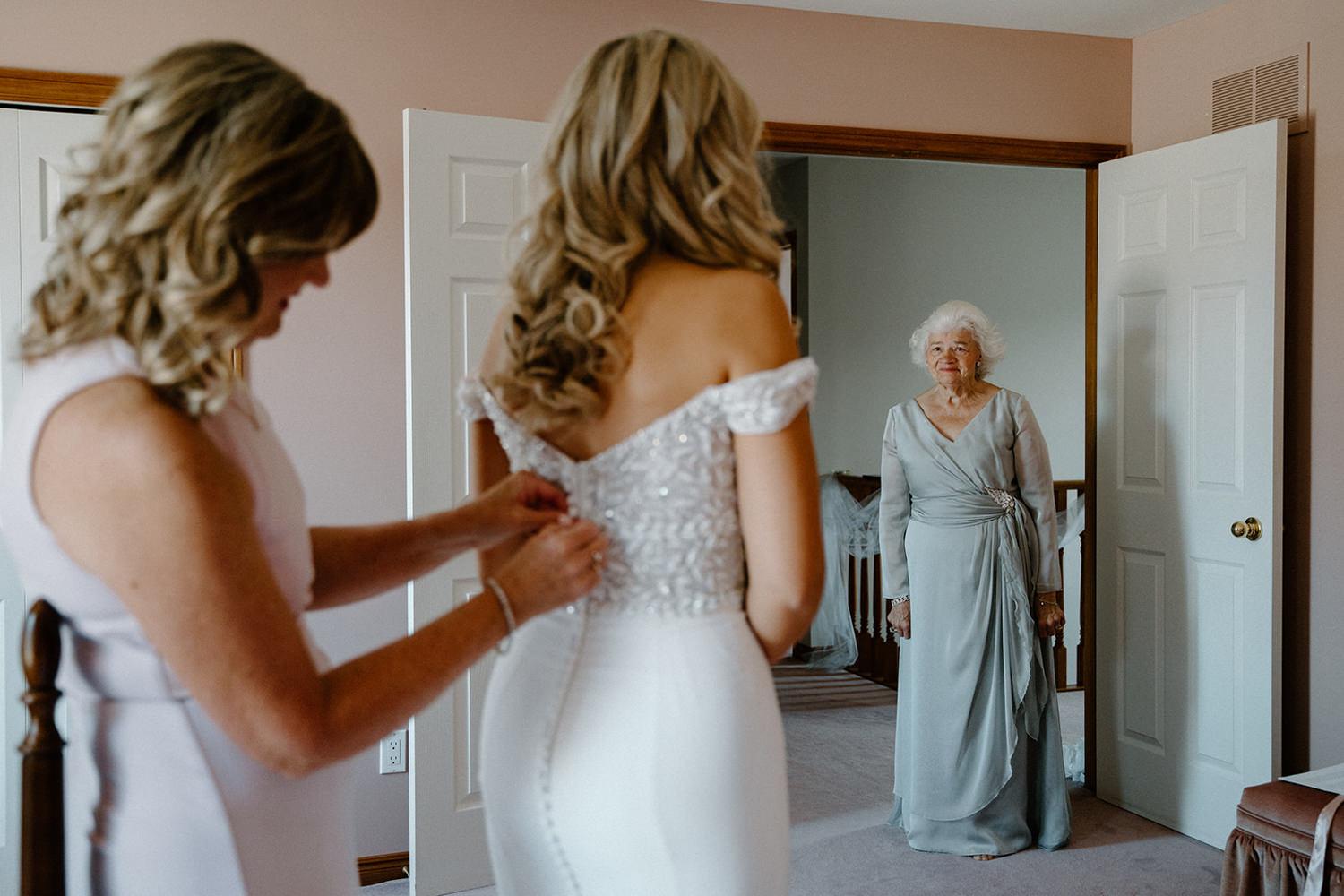When Two is Better Than One
If you’ve been reviewing wedding photography packages, you’ve probably noticed many include an optional or built-in second shooter. But do you actually need one?
Let’s break down what a second photographer does—and how having one can elevate your entire wedding gallery.

1. You Can Be in Two Places at Once
While your lead photographer is capturing one moment, their second shooter can be elsewhere documenting something equally important.
- One can photograph the bride getting ready while the other covers the groom
- One can shoot cocktail hour while the other finishes portraits
This is especially helpful if your day’s schedule is tight or events are happening simultaneously.
Related read: When Should You Book Your Wedding Photographer?
2. Someone’s Always Getting the “Safe Shot”
Let’s say your lead photographer is experimenting with a creative angle. The second shooter can capture a wider or more traditional version—just in case.
This is all about peace of mind. With two people shooting, there’s a much smaller chance of missing key moments.
Not sure if a second shooter is included? Here’s how to evaluate what you’re really getting in a wedding photography package.

3. You’ll Get Different Perspectives
While your lead is shooting you walking down the aisle, the second shooter may be capturing your partner’s emotional reaction.
You’ll get:
- More variety in framing and angles
- Candid guest reactions
- A fuller picture of the day as it unfolded
On the topic of perspectives, Learn how to spot the style that fits your vision.
4. You’ll End Up With More Photos
It’s simple math—two photographers equal more final images.
- If you love candids, reaction shots, and in-between moments, this is a huge plus
- If your wedding is large or full of action, one person simply can’t be everywhere
Want to stretch your coverage? How to Hire a More Affordable Wedding Photographer

When a Second Photographer Might Not Be Necessary
- You’re having a small or very simple wedding
- You have a long timeline with no overlapping events
- Your photographer is highly experienced and confident shooting solo
Before deciding if you need a second photographer, ask yourself what you value most about your photos and guest experience or ask your photographer for their honest take—they’ll know what makes sense for your day.
Final Thoughts
A second photographer is more than just a backup—it’s an opportunity to tell a richer, more layered story of your wedding day. Be sure to ask your photographer how they approach solo vs. team coverage to ensure it aligns with your expectations.
If your budget allows and your day has lots of moving parts, having that extra set of eyes (and lenses) is almost always worth it.